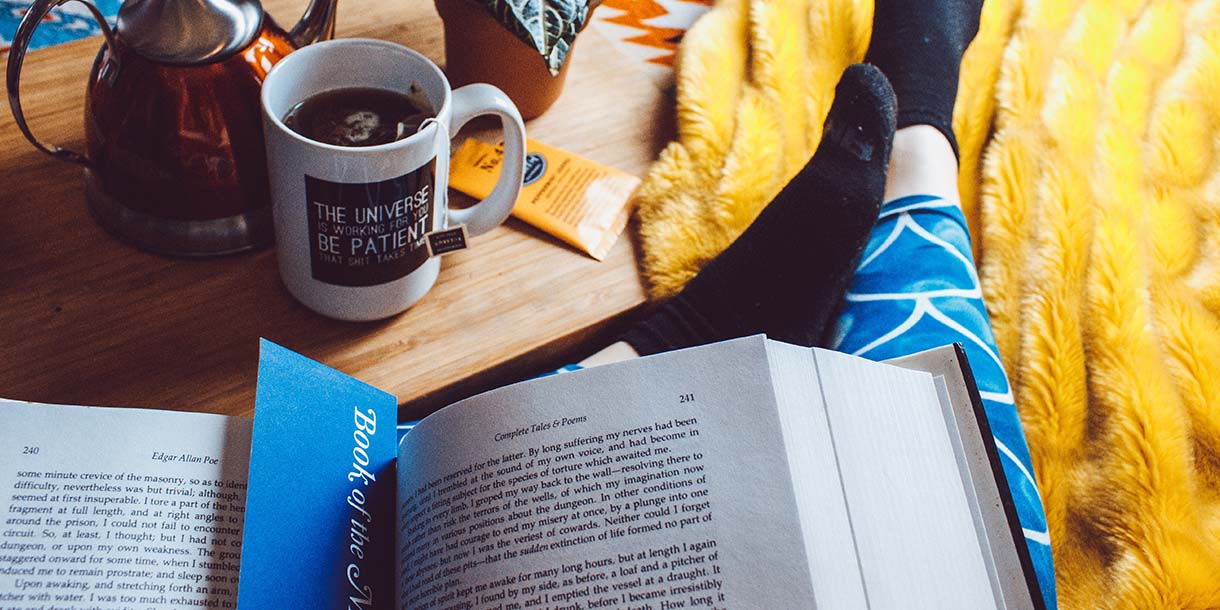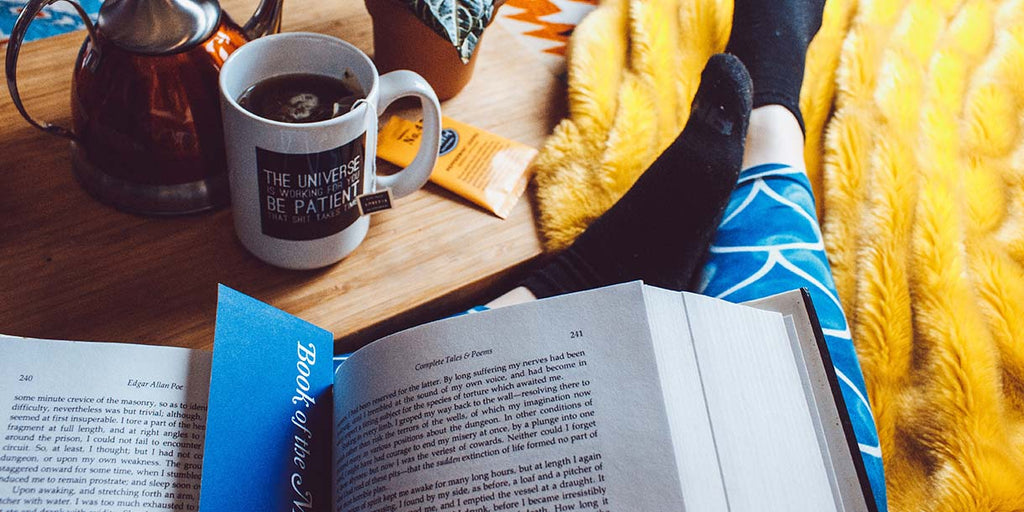
When the clocks fall back an hour at the end of October, it officially signals darker evenings. Whilst this can be a joy in many ways, it also presents some of us with a problem and that is, adapting our sleep pattern to fit with the change in time.
This isn’t an uncommon problem. Jet lag is similar. The body’s natural rhythm becomes disrupted by changes in time zones. It can take a period of adjustment to get back to our natural sleep pattern but there are things you can do to encourage your body to wind down at the end of the day and enjoy a restful night’s sleep.
1 Accept that your sleep may be disrupted for a few nights
Some people are sensitive to the change in the clocks and so when you know this will be the case, taking steps to be prepared can help.
Start by decluttering the bedroom, clearing the tops of your rustic furniture and making it a relaxing space helps get you in the mood to nod off. A change will have an impact on how you feel about the room. For example, fresh linen on your reclaimed wood bed is a sheer delight, as to is having a wafting gentle scent of a diffuser or scented candles. Lavender is a restful scent that can lull your whirring sense to a state of calm.
Clear the top of your small dressing table and wooden bedside table too so that there is no unnecessary clutter to detract from it being a restful space.
2 Have a bedtime routine and stick to it
A bedtime routine is just as important for adults as it is for children! A warm bath can help you to relax before bed, as too can set a time when you will have your bath and go to bed. The temptation is to leave it until we feel tired, but this can make us overtired and more fretful about not getting to sleep!
3 Digital, screen-free zone
With your reclaimed wood furniture decluttered and a few choice accessories around, you now need to set a rule and one that can and will revolutionise your life: the bedroom is a digital and screen-free zone. Ditch the mobile (leave that somewhere else) and if you read via an electronic reader, leave that for daytime reading opting for the printed word instead. Reading helps the mind to slow right down and when you feel the eyelids start to droop, put your book down, turn off the light and allow yourself to sink into sleep.

4 Don’t eat too late
Some people believe that the less your body has to do at night time, the more likely you are to fall to sleep. Eating before bed means the body is busy digesting food in the gut and for some people, that means being awake. Allow yourself two hours after dinner before bed and steer clear of spicy foods that could lead to indigestion.
5 Don’t worry about not sleeping!
It may take a few nights but eventually, your body will fall back into its natural rhythm. In the meantime, enjoy your bedroom and a good book!
